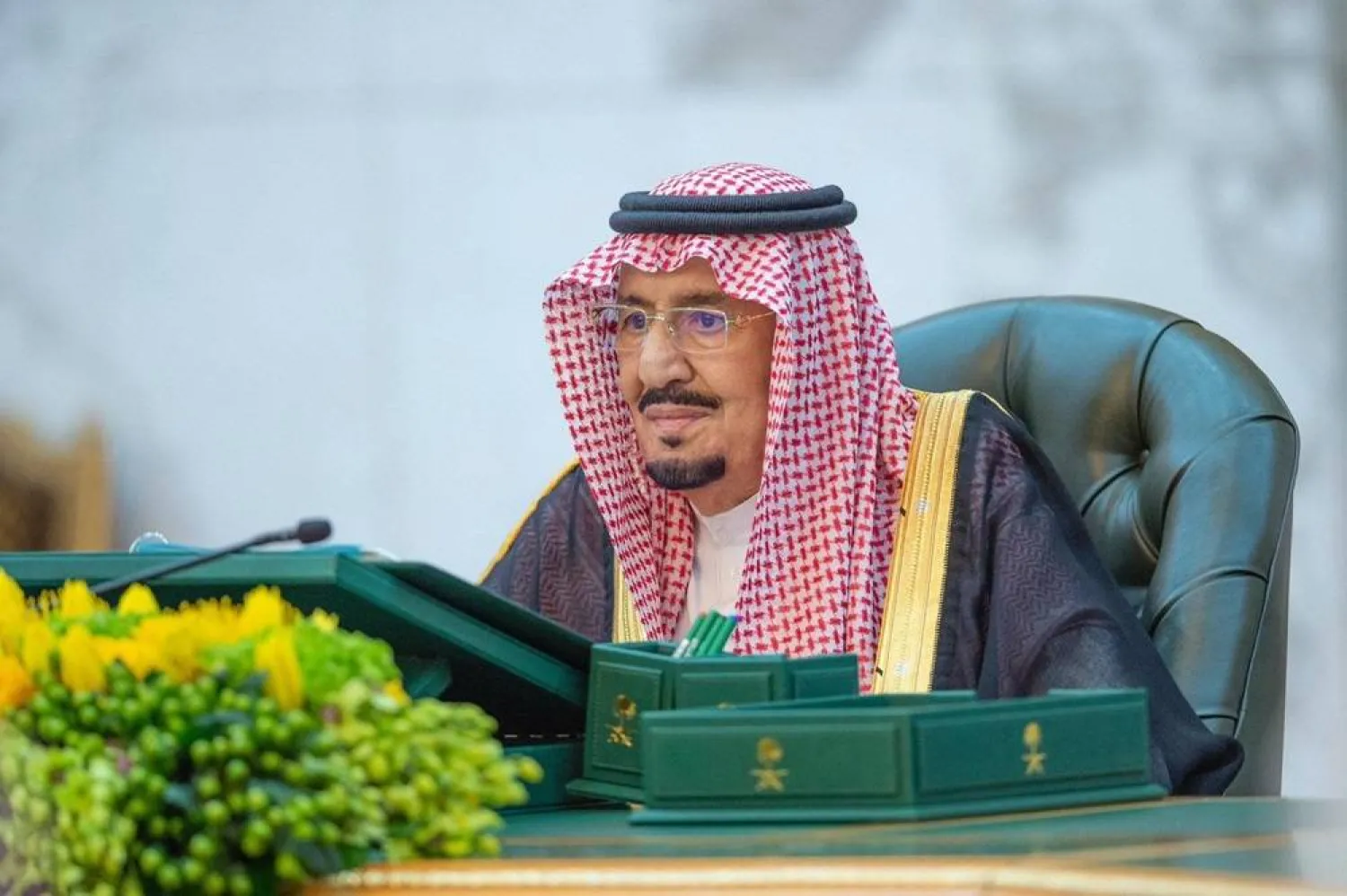Under the Patronage of Custodian of the Two Holy Mosques King Salman bin Abdulaziz Al Saud, Saudi Arabia is set to host the fourth edition of the world’s leading platform on minerals, the Future Minerals Forum (FMF), from January 14 to 16, 2025.
Held in Riyadh, the FMF, convened by the Ministry of Industry and Mineral Resources, is a unique government-led platform and an inclusive multi-stakeholder conference where the world’s top decision makers come together to drive action on tough challenges, where minerals are placed at the top of the global agenda as key to development, global prosperity, and the energy transition.
Since 2022, FMF has focused on fostering collaboration amongst minerals-producing nations, promoting sustainability initiatives to build trust, and creating a resilient supply chain of critical minerals that the world needs. Building on these successes, FMF 2025 will focus on “Delivering Impact”, the theme of this fourth edition.
Minister of Industry and Mineral Resources Bandar Alkhorayef said that next year’s FMF is focused on creating and driving investment opportunities in the mining and mineral sector.
He said that FMF has become a prominent global forum for all stakeholders in the mineral sector, from governments to mining companies, financial institutions, service companies, research centers, and academic institutions.
He further pointed out that the conference provides a platform to discuss the challenges facing the mining and minerals sector, with opportunities to proffer concrete solutions, at regional and international levels, to tackle these challenges.
“The upcoming Ministerial Roundtable will engage participation from 100 countries. This extensive collaboration will include working groups comprising government bodies and 40 organizations, including international organizations, NGOs and trade associations. These groups will collaborate to implement the initiatives and strategies established during the last MRT, driving forward the shared goals of sustainable development and innovation in the global mineral sector,” the minister added.
FMF will kick off on January 14, with a government-led Ministerial Roundtable, which will be followed by the Conference and Exhibition (January 15-16), where participants will learn from experts who will speak about important topics.
The program this year will focus on new voices on critical minerals, highlighting downstream perspectives and new regional perspectives, including the Super Region spanning Africa, Western and Central Asia, and Latin America; delivering investment partnerships in supplier countries that will include the entire mineral value chain; minerals’ contribution to society; green technology and AI revolution; and country and project showcase.
While preparations are in top gear for FMF 2025, some notable figures in the mining, mineral and industrial sectors have already been confirmed to speak at the forum. They include Tom Palmer, CEO of Newmont Corporation, the world's largest gold mining company; Jonathan Price, president and CEO of Teck Resources, one of Canada's leading mining companies; Dominic Barton, chairman of Rio Tinto, one of the world's largest mining companies; and Mark Cutifani, chairman of Vale Base Metals.
Robert Friedland, founder and co-CEO of Ivanhoe Mines; Bob Wilt, CEO of Maaden; Jeremy Weir, chairman and CEO of Trafigura; Duncan Wanblad, CEO of Anglo American; and Rohitesh Dhawan, CEO of the International Council on Mining and Metals, will also feature among other distinguished personalities.
Since its inception in 2022, FMF has charted many progressive initiatives, such as being a voice for the Super Region and other supplier countries.
In 2023, the Ministerial Roundtable participants agreed to collaborate on four initiatives: development of a regional critical minerals framework to promote global collaboration and maximize the creation of value in supplier countries; creation of green metals hubs in the Super Region enabled by new technologies and powered by renewable energy; development of a framework setting our regional expectations for the responsible production of minerals based on transparency of supply chains; and creation of centers of excellence in the Super Region covering Africa, Western, and Central Asia as foundational pillars for capacity building across mineral value chains.
The third edition of FMF brought together over 14,000 participants from 133 countries, including ministers, senior government officials, leaders of international organizations, and C-level executives from global mining and mineral companies. The forum also saw the signing of 75 minerals deals worth around SAR75 billion.










